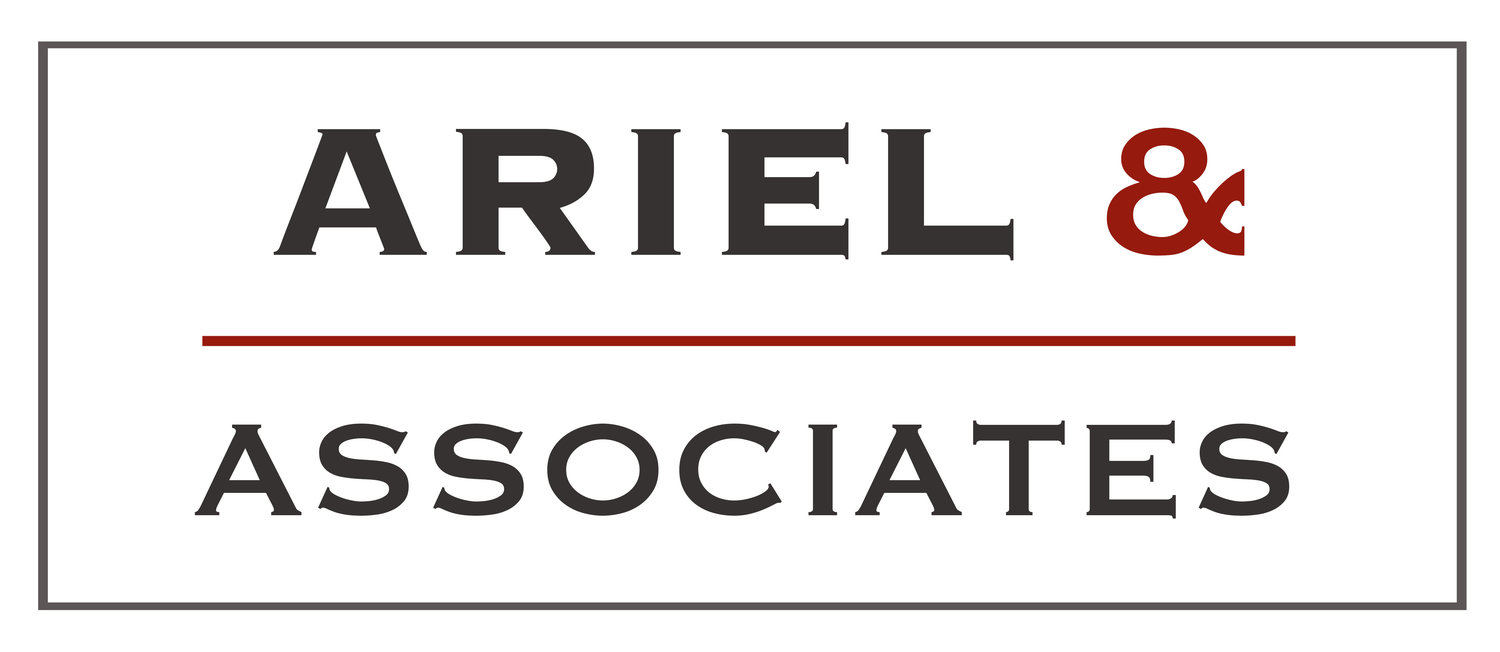It is my view that ASIC has not had a particularly good month in regard to its role regulating the financial services markets. Three decisions stand out, which to me, demonstrate that it is not infallible and is itself subject to errors when considering acts undertaken by certain individuals.
I have long been critical of the subjective manner by which ASIC applies the good fame character standard. I do not consider that it undertakes a methodical and expeditious examination of the matter at hand.
Consider the recent case of Mr Rudy Frugtniet, a Victorian finance broker. The High Court made its ruling after hearings in the Federal Court, the Full Court of the Federal Court, the Administrative Appeals Tribunal (“AAT”) and of course, ASIC’s original decision. ASIC undertook its own assessment to conclude that Mr Frugtniet was not a fit and proper person to engage in credit activities. It formed this basis due to his lack of full disclosure, misleading answers in his application for a credit licence and his adverse disciplinary history.
ASIC found that Mr Frugtniet’s conduct was “incompatible with the good character, honesty, integrity and judgement required of a person permitted to engage in credit activities.” Well, the High Court thought otherwise! It found that spent convictions 1 should not be taken into account when determining a person’s suitability and as such, the AAT erred when reviewing ASIC’s decision to permanently ban Mr Frugtniet from engaging in credit activities. The AAT is required to hear Mr Frugtniet’s matter again and it must ensure that it takes the High Court’s decision into account. ASIC’s decision to permanently ban Mr Frugtniet remains on hold pending the AAT’s redetermination.
In 2013, ASIC accepted an Enforced Undertaking from NAB following an investigation of a share price spike of the ASX 200. NAB agreed to implement a number of control and supervisory systems as well as paying a $2 million fine voluntary contribution to worthwhile causes.
But ASIC’s wrath did not stop there. It commenced proceedings against the person who conducted the bank’s index arbitrage trading with allegations that he had acted contrary to the market manipulation provisions of the Corporations Act 2001 (Cth). However, last week, the Federal Court of Australia found that Whitebox Trading Pty Ltd and its sole director and principal, Johannes Boshoff, did not engage in market manipulation, nor did he fail to discharge his duties as director. Maybe NAB should have contested ASIC’s findings?
Finally, allegations of unconscionable conduct are especially serious, due to the serious nature of taking advantage of someone, in particular, their lack of education and financial acumen.
Although the charge of providing unlicensed credit services still stands, ASIC’s determination that Mr Lindsay Kobelt had engaged in unconscionable conduct was expunged by the High Court’s ruling.
So a glance at the scoreboard reveals the final score: ASIC - none from three. If this were a game of cricket, ASIC would be like Afghanistan at the World Cup!
1 Spent convictions are those where 10 years has passed since a person was convicted, and the person was not imprisoned for more than 30 months in respect to that conviction.
Should you have any queries about ASIC or other issues involving compliance, licensing, or corporate governance, please contact Jeremy Danon, director of Ariel & Associates Pty Ltd on (02) 8223 3355 or at jeremy@ariel.associates.
